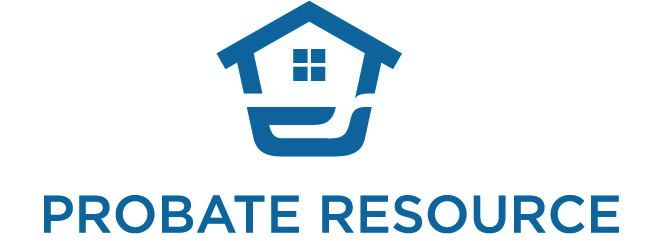What You Should Know About TennCare
It’s Brad from ProbateResource.com. I’m back with my friend April Jackson from Tennessee, and she will be discussing various topics with us.
Today, we’ll explore Medicaid in Tennessee, specifically the criteria for qualifying for it, as well as important aspects of conservatorships, including what to know about TennCare in Tennessee.
TennCare has three eligibility categories: assets, income, and medical qualification.
To be medically qualified, individuals usually need long-term care support. This often applies to those in skilled nursing facilities—what we typically refer to as nursing homes—or in care communities where they are receiving a higher level of care. The medical aspect is handled by nurses and hospitals.
Regarding income and assets, the qualifying figures can change slightly each year. We can address the income aspect relatively easily using what’s known as a qualified income trust.
Accountable vs. Non-Accountable Assets
A key sticking point for many is that, while they may own a house, a car, and have checking and savings accounts, they might also have investments or retirement accounts. Some of these assets are considered accountable, while others are not.
For TennCare purposes, the house and car are generally not counted as accountable assets, while everything else typically is. Additionally, high-value life insurance policies with cash value could also be counted as accountable assets, as could valuable items like a Rembrandt painting stored in the closet.
Anything that holds value can lead to complications, especially for those who believe they might need TennCare in the future.
The Five-Year Look-Back Period and Asset Transfers
Some individuals think that by giving away their assets, they can avoid issues with TennCare eligibility. However, if they need TennCare within the next five years, the program will impose a penalty based on the value of the property they gave away. This process includes a look-back period, but the start of that five-year timeframe is often unclear.
We frequently encounter cases where individuals transfer property to a family member, such as when they put a child’s name on the deed or give away their house just before entering a nursing home. Unfortunately, in some situations, the recipient may sell the property, leaving the original owner with no recourse; the buyer is not obligated to return the money.
For example, if someone gives their $300,000 house to their child, and then the child sells it, TennCare will evaluate the situation and argue that the individual would have had $300,000 in assets had they not given the house away. Consequently, TennCare may determine that they will not cover costs for the care for which that $300,000 could have been used.
Even if it happened three years ago or so, and the money is long gone, it doesn’t matter. There are some exceptions to this, but they are not common. You can still give birthday gifts, graduation gifts, wedding gifts, and holiday presents. However, anything that falls outside of these typical occasions is likely to be considered a gift for caring purposes.
Brad:
In certain cases involving TennCare, we discussed the necessity of conservatorship and its implications. What are the potential impacts of this situation?
Understanding Conservatorships
When someone enters a conservatorship, it often becomes familiar to many because of certain celebrities.
In a conservatorship, a designated conservator manages the individual’s affairs. This is a legal process intended to ensure that the person’s rights are protected, but it also means that they lose the right to contract. As a result, they cannot sell their house, sell their car, buy a car, or buy a house. Everything is managed by the conservator, and in most cases, the courts closely monitor financial accounts down to the penny.
For example, if a person has moved into a care community, but they still own a house that incurs expenses—such as property taxes, homeowners insurance, or a mortgage—it may not make sense to maintain that property, especially if no one is living there. In this case, the conservator would need to petition the court to sell the property. This involves two court appearances: first to request permission to list the property for sale, and then to seek court approval for the sales price and the closing process.
Brad:
Can I list it? If you receive an offer from a potential buyer, you must return to the court to seek approval.
Yes. The purchase outlined in the contract should be contingent upon court approval. The court is primarily concerned with ensuring that you are securing a fair price and not simply selling to a relative, like a cousin. The goal is to maximize the assets of the conservatorship estate.
Brad:
It’s an arms-length transaction and is either close to fair market value or a bona fide offer, I suppose you could say. Right? Yes. Got it. Well, that’s great. Conservatorships are always interesting. We’ve dealt with a few over the years, and they definitely add complexity and extend the timeline for everything.
When you find yourself in a situation where you are helping someone else, particularly in cases involving court matters like probate or conservatorship, it’s crucial to plan ahead. You need to identify who will be assisting you, such as a realtor or lender, because we will need to submit all necessary paperwork to the court. The longer it takes to gather this paperwork, the more likely it is that your closing will be delayed.
Brad:
I know we’ve had instances where we needed to present our offer, our contract, and proof of funds. Sometimes, we also had to provide an escrow letter to confirm that the funds were in escrow. There were many details we needed to ensure were properly taken care of. In some cases, we faced additional challenges, as the properties were in foreclosure, which added another level of complexity.
If anyone wants more information or needs assistance dealing with a conservatorship, they can definitely reach out to April: galsnashville.com

